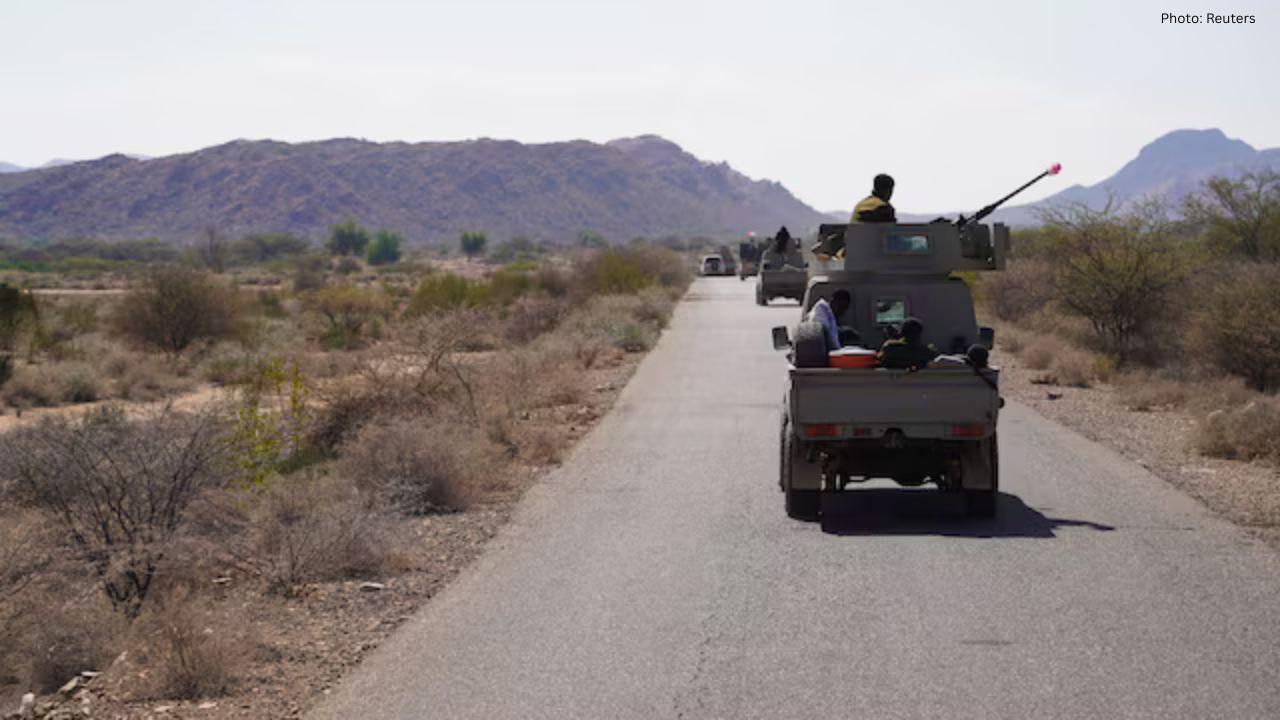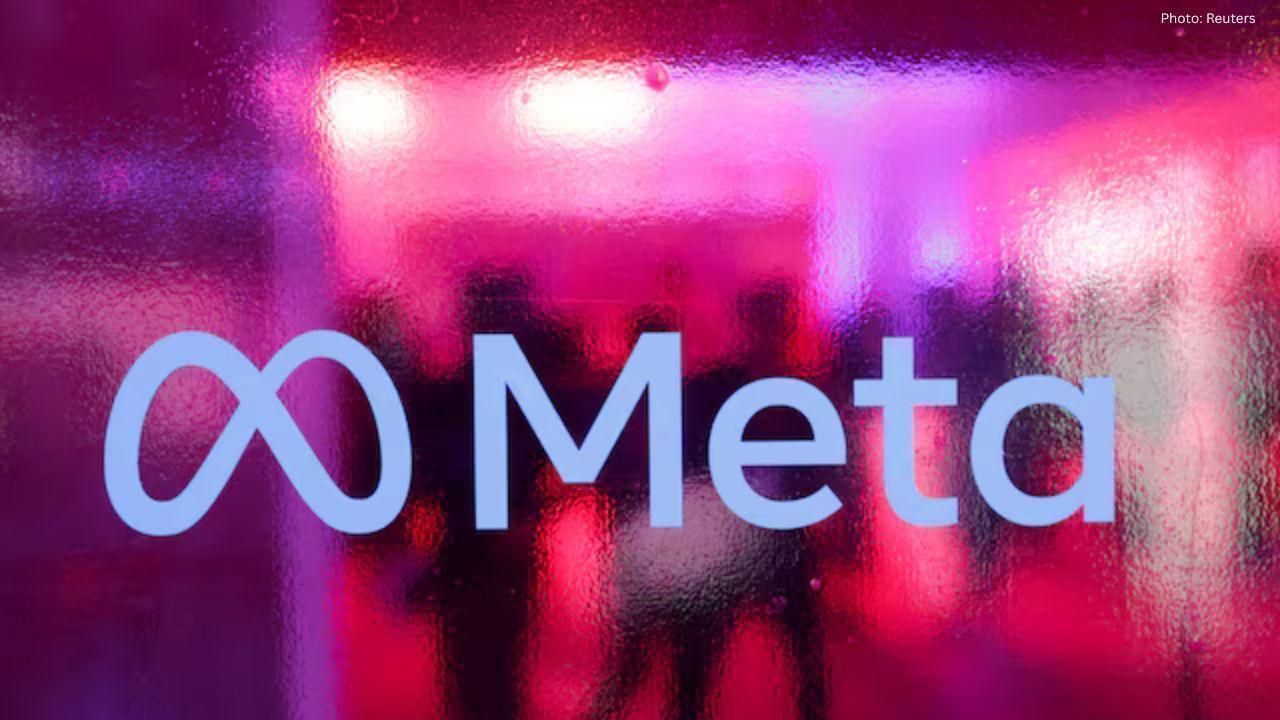You have not yet added any article to your bookmarks!

Join 10k+ people to get notified about new posts, news and tips.
Do not worry we don't spam!

Post by : Laxmi Verma
We live in an era where change is no longer gradual—it's exponential. Every year, new innovations reshape the landscape of our daily lives. From smartphones and artificial intelligence to virtual workspaces and smart homes, how technology is changing the way we live, work, and think is no longer a question—it’s a reality we’re all experiencing in real time.
Let’s dive into how these changes are unfolding across different aspects of life, and why they matter more than ever.
Technology has embedded itself into nearly every corner of our homes. Smart thermostats adjust the temperature based on our habits. Voice assistants like Alexa or Google Assistant manage our schedules, turn off our lights, and even entertain our kids. Home security systems can now be monitored from anywhere in the world via mobile apps.
This digital transformation is about more than convenience—it’s about personalization. Devices learn from our behavior to anticipate needs, save energy, and enhance comfort. In urban areas, smart city initiatives use technology to improve transportation, reduce energy consumption, and monitor public health in real time.
This is a clear example of how technology is changing the way we live, work, and think—by making our environments more adaptive and intuitive to our needs.
Few sectors have seen more disruption than the workplace. The COVID-19 pandemic fast-tracked a shift that was already underway—remote work. What began as a necessity has now become a norm for millions. Tools like Zoom, Slack, and Microsoft Teams have replaced office cubicles with virtual collaboration.
Meanwhile, artificial intelligence and automation are redefining roles across industries. Repetitive tasks are being handled by bots, freeing humans to focus on creative and strategic work. Freelance and gig economy platforms are connecting professionals to global opportunities at the tap of a screen.
This shift is a powerful example of how technology is changing the way we live, work, and think—not only in terms of where we work, but how we work and who we work with.
Technology is not just changing what we do—it's changing how we think. Search engines give us instant access to knowledge. GPS means we rarely need to remember directions. Social media shapes opinions, often in real time. We’re constantly consuming information, and our brains are adapting to filter, react, and respond faster than ever before.
There’s a name for this: cognitive offloading. We outsource memory and knowledge to digital tools, which allows us to process more, but also changes how deeply we engage with information.
Moreover, AI algorithms now predict what we’ll like, buy, or read next—creating feedback loops that influence our decisions. While this can enhance personalization, it can also trap us in echo chambers, shaping our beliefs without us even realizing it.
This psychological transformation is central to how technology is changing the way we live, work, and think, as it influences decision-making, attention spans, and even creativity.
Global connectivity is one of the most significant results of modern technology. Families separated by oceans can now video call in seconds. Businesses collaborate across time zones as if they were in the same room. Cultures exchange ideas faster than ever, leading to a more interconnected world.
But this comes with challenges. Misinformation spreads just as fast as facts. Social media has blurred the lines between reality and perception. Digital addiction and mental health concerns are rising, particularly among younger generations.
So while how technology is changing the way we live, work, and think brings progress, it also demands responsibility and digital literacy.
Emerging technologies like virtual reality (VR), augmented reality (AR), blockchain, and brain-computer interfaces are poised to further change how we interact with the world.
Imagine attending virtual meetings where everyone appears as lifelike avatars. Or using wearable devices that detect your stress levels and suggest breathing exercises in real time. These innovations are not decades away—they’re already in testing phases or early adoption.
As we move forward, one thing is clear: how technology is changing the way we live, work, and think will continue to accelerate. The key is not to resist it, but to use it mindfully—to enhance our humanity, not replace it.
The information in this article is for general informational purposes only. While every effort has been made to ensure accuracy, technology evolves rapidly, and some data or trends may change over time. Readers are encouraged to do their own research or consult professionals for specific advice.










Trump Claims He Ended India-Pakistan War, Faces Strong Denial
Donald Trump says he brokered the ceasefire between India and Pakistan and resolved eight wars, but

Two Telangana Women Die in California Road Accident, Families Seek Help
Two Telangana women pursuing Master's in the US died in a tragic California crash. Families urge gov

Ranveer Singh’s Dhurandhar Roars Past ₹1100 Cr Worldwide
Ranveer Singh’s Dhurandhar stays unstoppable in week four, crossing ₹1100 crore globally and overtak

Asian Stocks Surge as Dollar Dips, Silver Hits $80 Amid Rate Cut Hopes
Asian markets rally to six-week highs while silver breaks $80, driven by Federal Reserve rate cut ex

Balendra Shah Joins Rastriya Swatantra Party Ahead of Nepal Polls
Kathmandu Mayor Balendra Shah allies with Rastriya Swatantra Party, led by Rabi Lamichhane, to chall

Australia launches review of law enforcement after Bondi shooting
Australia begins an independent review of law enforcement actions and laws after the Bondi mass shoo